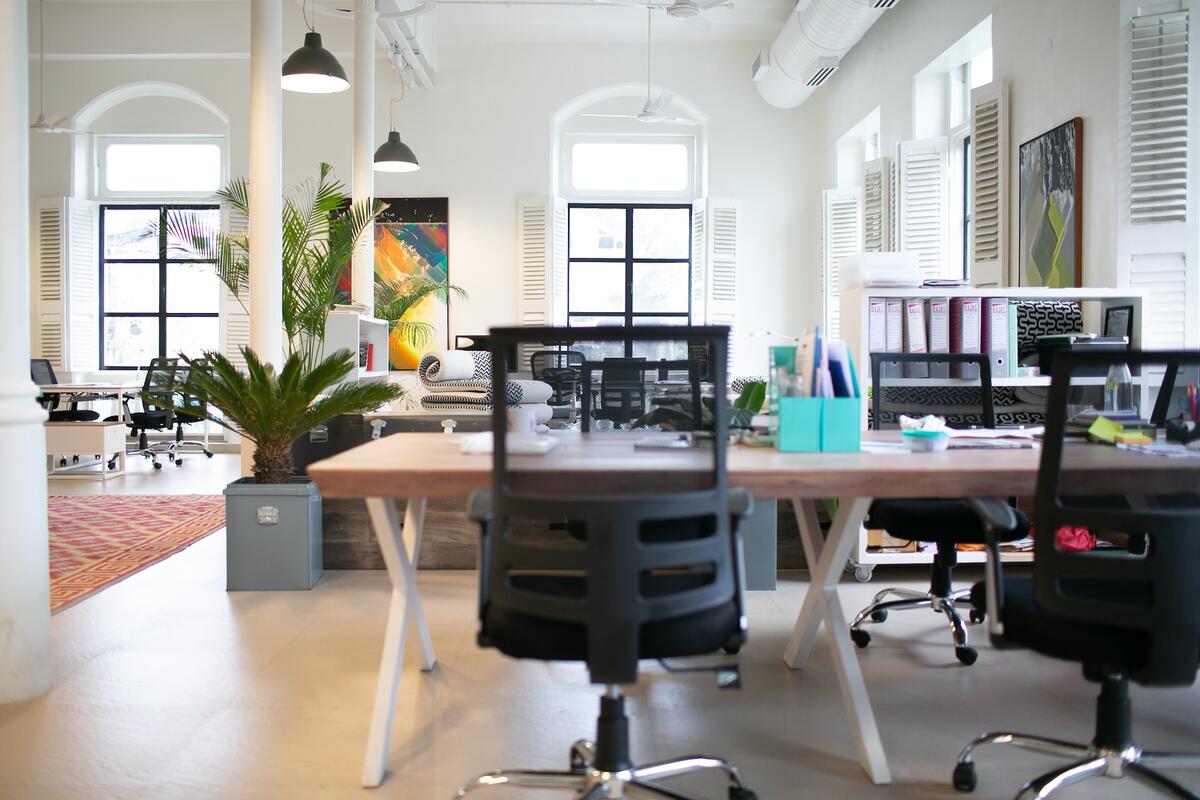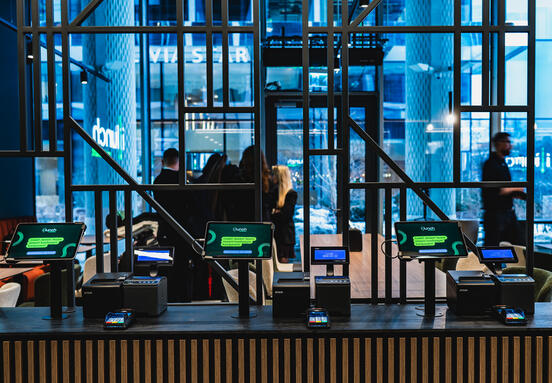Advantages of renting an office:
- Flexibility. By renting an office, a company has more freedom to change the location, space or terms of the contract depending on its business needs. This can be especially beneficial for companies that are growing rapidly, changing their business profile or looking to adapt to the market. By renting an office, a company is not bound to a long-term commitment to one location and can easily respond to changes in circumstances. Renting an office also gives you the opportunity to take advantage of special offers such as trial periods, discounts or additional services.
- Lower initial costs. By renting an office, a company does not have to incur large expenses related to the purchase of real estate, such as notary's fee, deed tax or broker's commission. In addition, the company does not have to invest in renovating, equipping or maintaining the office, which can be costly and time-consuming. By renting an office, the company pays only for the space and services actually used, which allows for better budget management and liquidity.
- No risk of loss of property value. By renting an office, a company does not run the risk of a decline in the value of the property in the event of a market crisis, natural disaster or change in the environment. The company also does not have to worry about selling the office if it decides to relocate or terminate operations. By renting an office, the company avoids financial losses and the stress of owning real estate.
Disadvantages of renting an office:
- Lack of control over the property. By renting an office, the company is dependent on the terms of the contract and the decisions of the property owner. The company may face problems related to the timeliness of rent payments, price increases, restrictions on customizing the space or the lack of a guarantee of contract renewal. By renting an office, a company loses some autonomy and uncertainty about the future. The company may also be exposed to conflicts with the property owner or other tenants.
- Lack of tax benefits. By renting an office, the company cannot deduct the depreciation expense of the property or the interest on the mortgage. In addition, the company must pay income tax on the income earned from renting out the office, if that is the form of business. By renting an office, the company loses the opportunity to reduce its tax base and optimize its tax costs.
- Lack of equity. By renting an office, the company does not build equity in the property, which could be used as collateral for a loan or a source of financing in the future. The company also loses the chance to make a profit on the sale of the property if its value increases. By renting an office, a company does not invest in its property but only pays for the use of someone else's property.
Advantages of buying an office:
- Control over the property. When buying an office, the company has full ownership and decides how to manage and use the property. The company is free to adapt the space to its needs, plan renovations and investments, and benefit from improvements in the quality and prestige of the office. By buying an office, the company increases its independence and stability. The company can also lease part or all of the office to others and generate additional revenue.
- Tax benefits. By buying an office, a company can deduct from tax the cost of depreciation of the property and mortgage interest. In addition, the company can avoid paying income tax on income generated from renting out the office, if that is the form of business. By buying an office, a company can take advantage of tax benefits and reduce its fiscal burden.
- Building equity. By buying an office, a company builds equity in the property, which can be used as collateral for a loan or a source of financing in the future. The company also has the chance to make a profit on the sale of the property if its value increases. By buying an office, the company invests in its property and increases its value.
Disadvantages of buying an office:
- Lack of flexibility. When buying an office, a company ties itself to one location, space and financial terms for an extended period of time. This can be a disadvantage for companies that need to change frequently, adapt to the market or want to take advantage of better deals. By buying an office, a company limits its ability to grow and adapt. The company also has to bear the costs and difficulties of selling the office if it decides to relocate or close down.
- High initial costs. When buying an office, a company has to incur large expenses related to the purchase of the property, such as the notary's fee, deed tax and broker's commission. In addition, the company must invest in renovating, equipping or maintaining the office, which can be costly and time-consuming. When buying an office, the company must have a large amount of equity or take out a mortgage, which carries the risk of debt and lower creditworthiness.
- Risk of loss of property value. By buying an office, a company runs the risk of a decline in the value of the property in the event of a market crisis, natural disaster or change in the environment. The company also has to worry about selling the office if it decides to relocate or cease operations.
The choice between renting or buying an office depends on many factors, such as budget, expansion plans, space needs and aesthetic preferences. There is no clear-cut answer to this question, as each company has its own specific situation and goals. It is therefore important to carefully analyze all the advantages and disadvantages of both options and compare them with your own expectations and capabilities.








